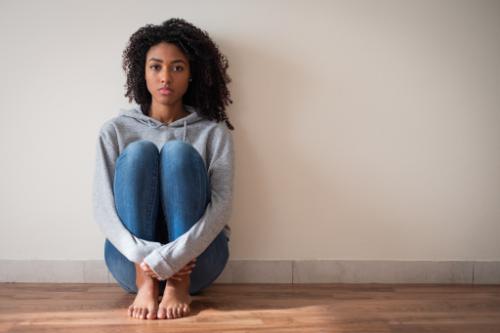Opiates can have some medical benefits in certain cases, but an opiate addiction can also become a serious and even life-threatening problem. Fortunately, attending an opiate addiction treatment program for women can give clients the tools they need to break free from opioid dependence. Explore some of the various ways to fight back against addiction and prepare for a lifetime of health and sobriety with an opiate addiction treatment program for women.
Identifying an Opiate Addiction
 Before a client can fight back against their addiction, they have to acknowledge it. Unfortunately, that is sometimes a very tough job. Many people abuse opioid drugs, and not everyone recognizes what a problem that can be.
Before a client can fight back against their addiction, they have to acknowledge it. Unfortunately, that is sometimes a very tough job. Many people abuse opioid drugs, and not everyone recognizes what a problem that can be.
To start, plenty of women take prescription opioids. A doctor might have prescribed this medication originally, but clients go on to abuse the drugs. They might take more than is required, combine doses or otherwise rely on the drugs inappropriately. Other clients abuse opioid drugs because they are using them recreationally.
Any person who can’t cut back, or who suffers from withdrawal symptoms when trying to stop, is probably addicted. Recognizing this means a higher chance of getting the right kind of help before it is too late.
Exploring the Factors That First Led to the Addiction
At an opiate addiction treatment program for women, clients can treat the physical symptoms of their opiate addiction. This is necessary, but it doesn’t tell the whole story. It is just as important to address what caused the opiate addiction in the first place.
Sometimes, women are simply reliant on prescription opiates. This happens a lot, and it is part of the more significant opioid epidemic being addressed in the United States currently. In other instances, women have a history of mental health concerns or trauma. By addressing and hopefully resolving these underlying issues, women can start to make real progress.
Planning for Long-Term Sobriety
The therapies at an opiate addiction treatment program for women may focus on the present. However, it is also key to think ahead and plan for the months and years to come. Women who attend rehab are far less likely to relapse, but the risk still needs to be noted and addressed.
Planning ahead in person and group therapy can take on many forms. Often, it means helping clients create their own personalized plan for relapse prevention.
The Role of Alternative Therapies in Recovery
A highly clinical approach is typically the best approach at a prescription opioid or heroin addiction treatment program. Also, other alternative methods can create a more comprehensive plan. A number of alternative or holistic therapies can give clients more confidence moving forward.
Recreational outings can be a source of joy. They also help clients have fun without substance abuse. Learning a new sport or pursuing a former passion can boost self-esteem and remind clients about how good it feels to be successful at something. Physical exercise can also increase overall health in many vital ways.
The Willows and Their Opiate Addiction Treatment Program for Women
The Willows is a highly clinical opiate addiction treatment program for women. Substance abuse treatment is customizable to the individual woman, offering clients a more targeted approach to recovery. Some of the many therapies and treatments available at The Willows include:
- Experiential therapies
- Group therapy
- Family therapy
- Dual diagnosis support
- Supportive female-only environment
To best overcome opiate addiction, clients should find professional support at an opiate addiction treatment program for women. At The Willows in Fairview, North Carolina, women can begin their journey to recovery. Call (855) 773-0614 to find the health, happiness, and sobriety that you deserve.
